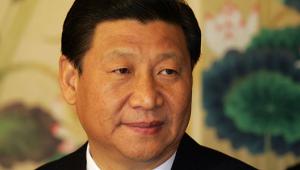Alfred de Zayas was speaking following reports, based on leaked documents, that suggest the European Commission may treat a trade deal with Canada as an ‘EU-only’ matter that will be discussed in secret and won’t require ratification from member states’ parliaments.
The stated aim of the Comprehensive Economic and Trade Agreement (CETA) is to improve trading relations between the EU and Canada.
But de Zayas said that in the view of vocal opposition from civil society, a “thorough, open discussion should be carried out by national parliaments and referenda should be organised in all countries concerned”.
“Trade deals negotiated in secret, excluding key stakeholders such as labour unions, consumer associations, health professionals… environmental experts and now parliamentarians have zero democratic legitimacy,” he stated.
He highlighted that a 2014 European Commission consultation on a similar trade deal with the US, known as TTIP, resulted in 97% of respondents from across Europe opposing a clause relating to investment protection.
The provision would enable companies to sue governments over legislation they claim may affect future profits, including safety regulations, workers rights and environmental protections, in a corporate court.
“The same would apply to CETA, but no consultation was ever held,” de Zayas pointed out.
He also stressed that both the TTIP and CETA should only be ratified after human rights, health and environmental impact assessments have been conducted.
Disputes with countries like France and opposition from civil society organisations have significantly impeded the ratification of TTIP.
UK campaign group Global Justice Now said today the UK would have to “redouble” efforts to fight deals like the TTIP following the country’s vote to leave the European Union. In the wake of the Leave vote, the UK is now excluded from participation in the trade agreement.
GJN’s director, Nick Dearden, warned that the UK government had pushed for the “most extreme” version of TTIP in European negotiations, and may look to secure deals with even more controversial provisions now the country is out on its own.













